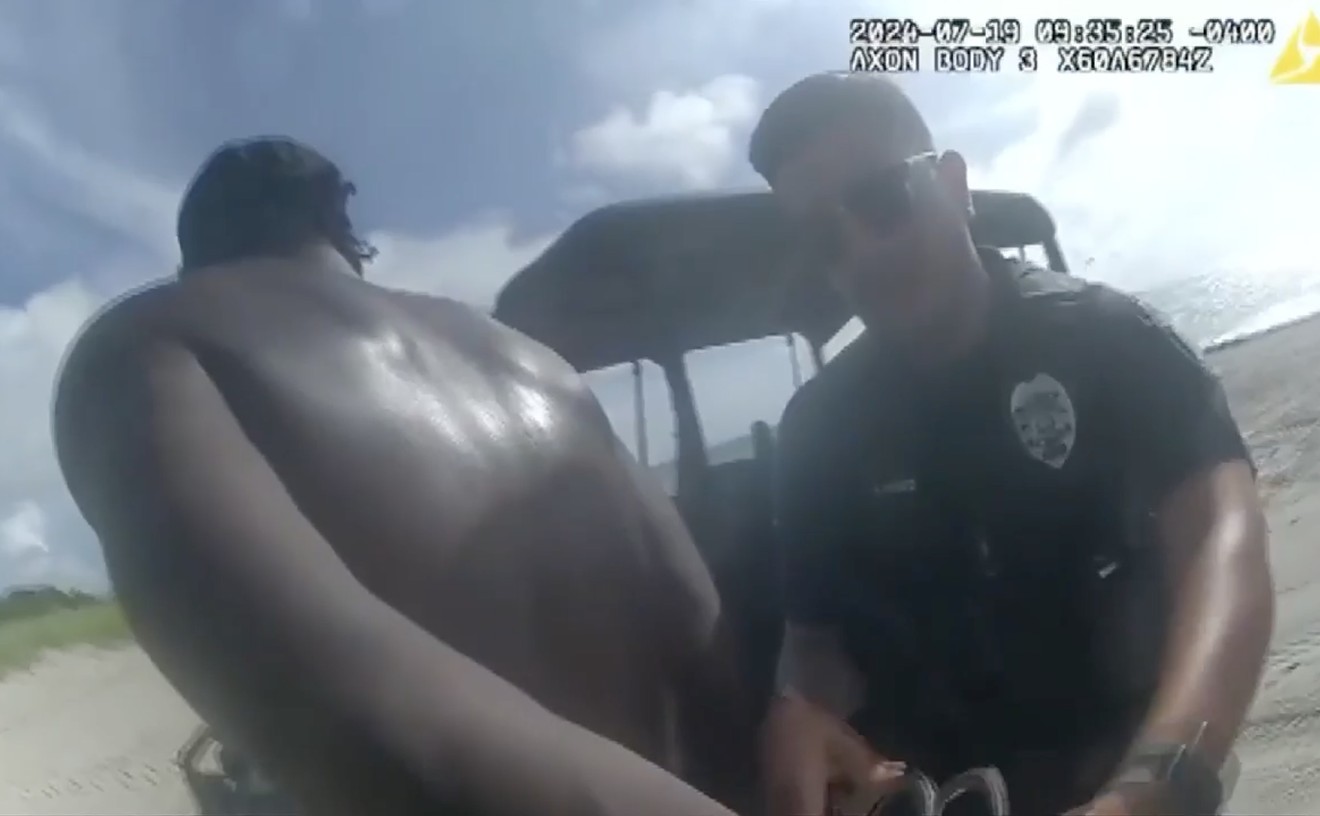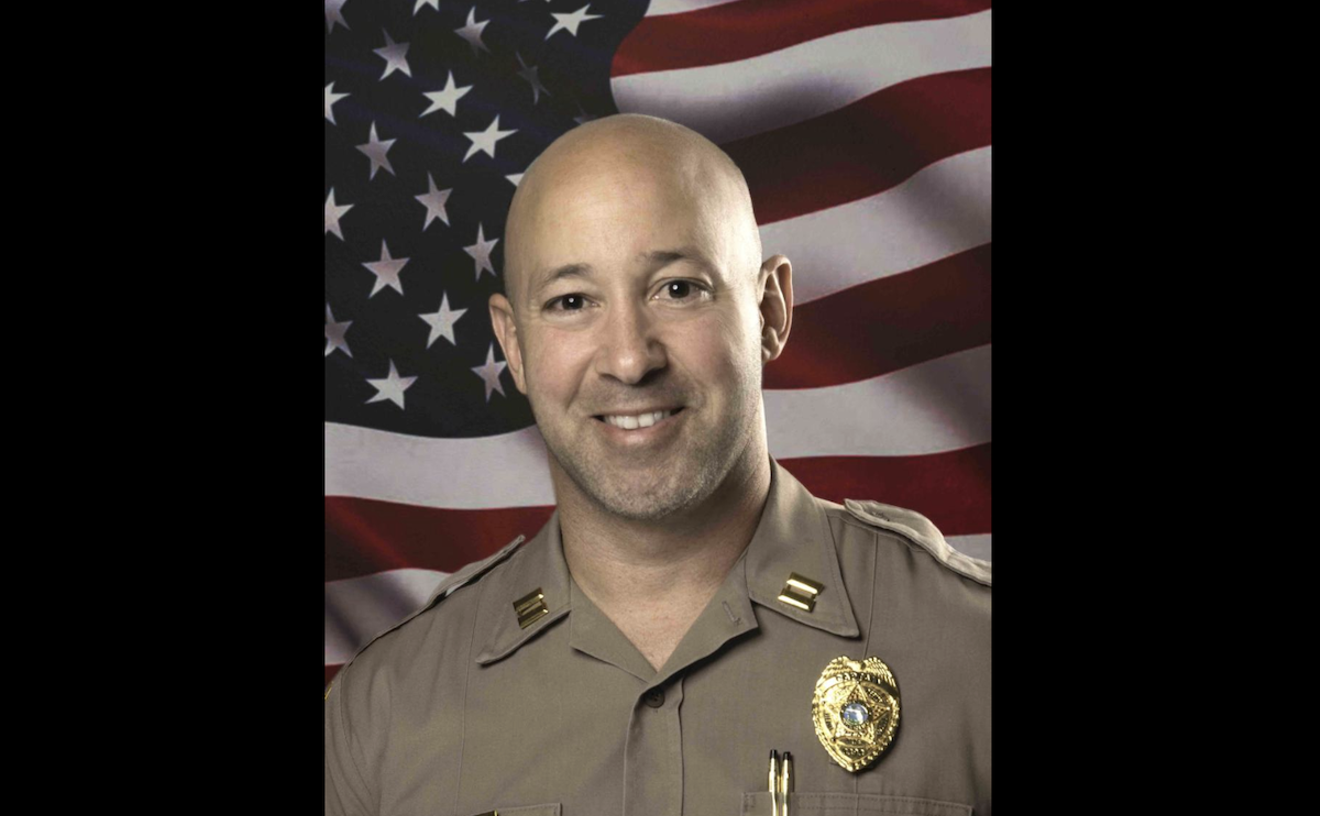Protect Our Elections, a liberal-leaning group based in Washington, D.C., says more than 160,000 votes in Florida weren't counted during last month's presidential election. The group claims each of those votes matters a great
But last Friday, Protect Our Elections sued the state to contest the election, possibly throwing President-elect Trump's transition into an even greater state of turmoil.
For the past 30 days, failed Green Party candidate Jill Stein has launched a much-ballyhooed (but perfectly legal) attempt to recount votes in Michigan, Wisconsin, and Pennsylvania, forcing the country to grapple with the question of exactly how hackable our election system really is. But despite how crucial Florida's 29 Electoral College votes are to the election, nobody has thrown Florida's election results under the microscope until now.
After raising more than $65,000 online, Protect Our Elections sued to contest the election at 11:48 p.m. Friday, a scant 12 minutes before the state's election-lawsuit deadline. The group claims — citing what looks to be extremely shaky evidence — the vote totals do not include "tens of thousands" of legal votes that weren't counted because of alleged vote-machine malfunctions, but do include "tens of thousands of illegal votes that were improperly counted."
In addition, the lawsuit claims that at least 25,000 mail-in ballots were requested but never received in Broward County, that the state's voting machines could have been hacked, and that Florida this year posted an "abnormally high invalid vote rate."
"The number of uncounted votes, together with the illegal votes and the lack of integrity of the voting machines, is more than sufficient to call in doubt the results of the election," the suit says.
According to state law, any taxpayer in Florida can sue to contest an election, provided he or she files ten days after the state's votes are certified. Three Leon County residents — Leonisia Olivares, Jerry W. Lapidus, and Judith L. Craig — sued Friday in Leon County Court.
In Florida, the mere mention of the word "recount" triggers epileptic shock in anyone over the age of 30. In 2000, the
But while Broward County's "hanging chads" in 2000 rightfully held up the most important election in the developed world, Protect Our Elections' lawsuit is a bit more dubious. The group is suing Trump, Vice President-elect Mike Pence, Florida Gov. Rick Scott, state Attorney General Pam Bondi, and a host of election officials, claiming there is "massive evidence of electronic voting machine malfunctioning."
The group claims the Diebold and Dominion voting machines the state uses are highly susceptible to hacking. Though that claim is certainly true, Protect Our Elections' lawsuit provides no evidence that
However, the group points to a 233 percent jump in the number of uncounted ballots as evidence that something strange may have happened. According to the suit, 0.75 percent of the statewide votes were deemed "invalid" in the 2008 and 2012 elections. This year, 1.67 percent of the votes were invalidated.
"Excessively high invalid vote rates are extremely suspicious, and generally are considered an indication of possible problems such as machine malfunctions or tampering," the suit alleges.












